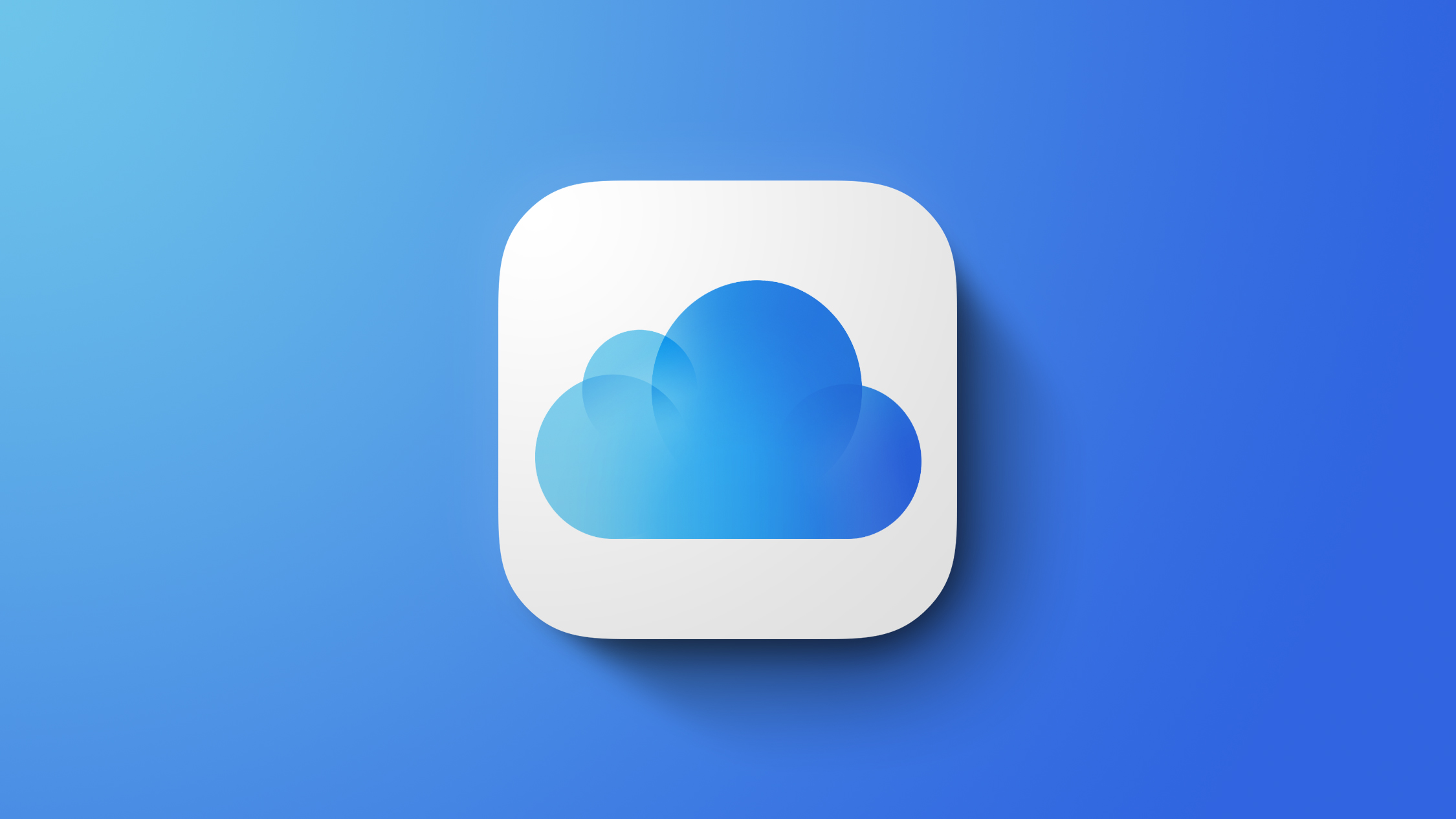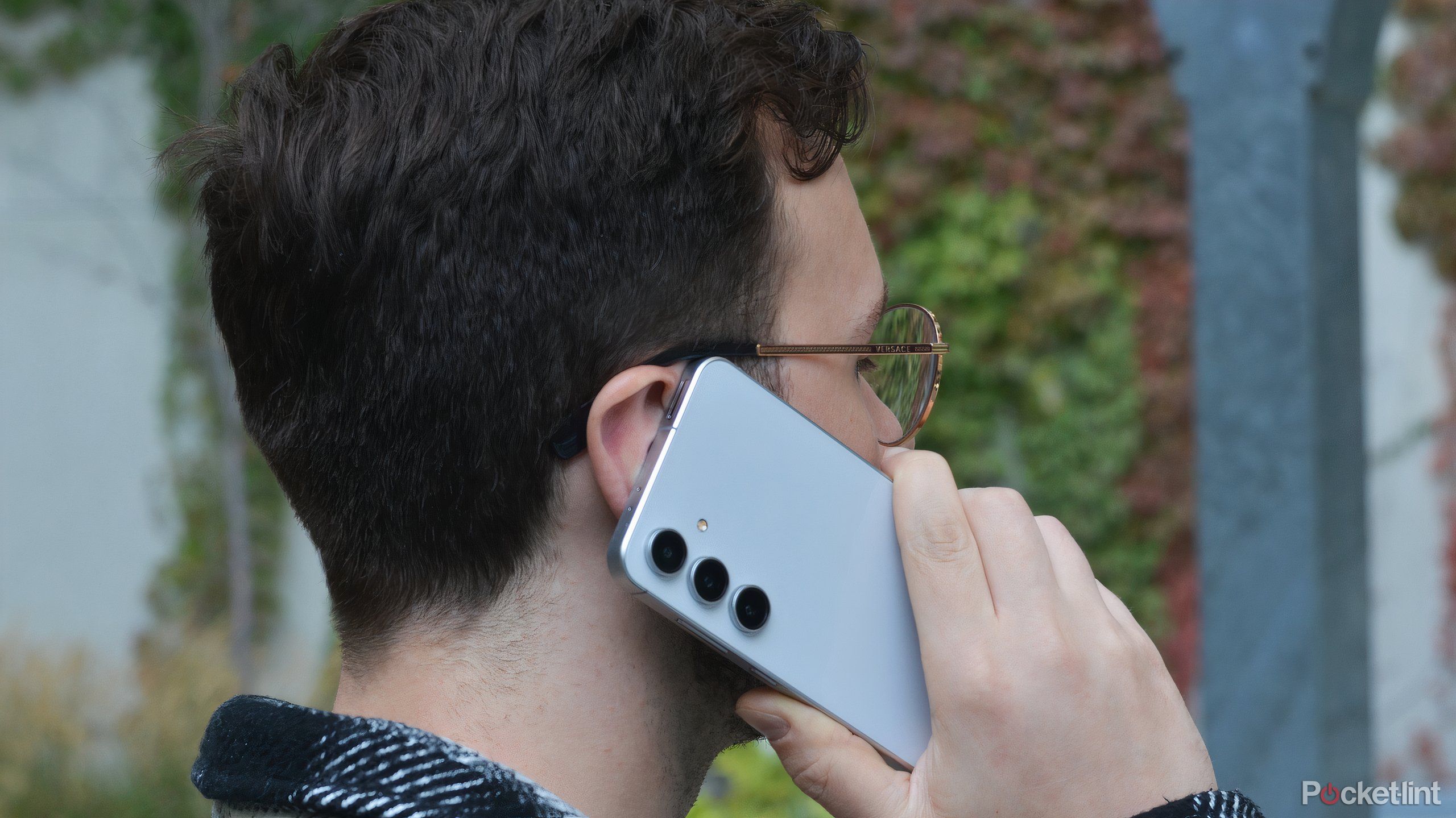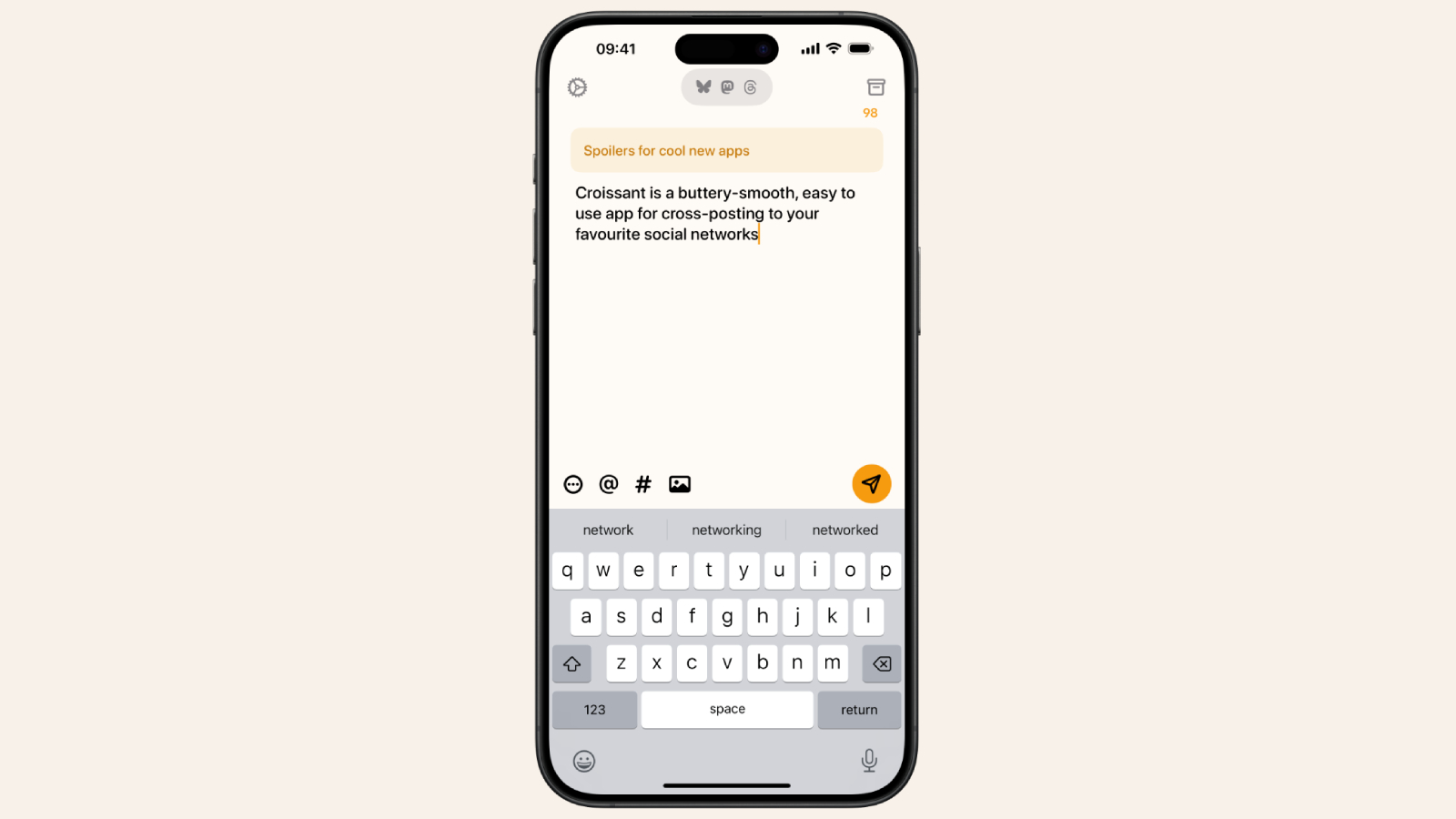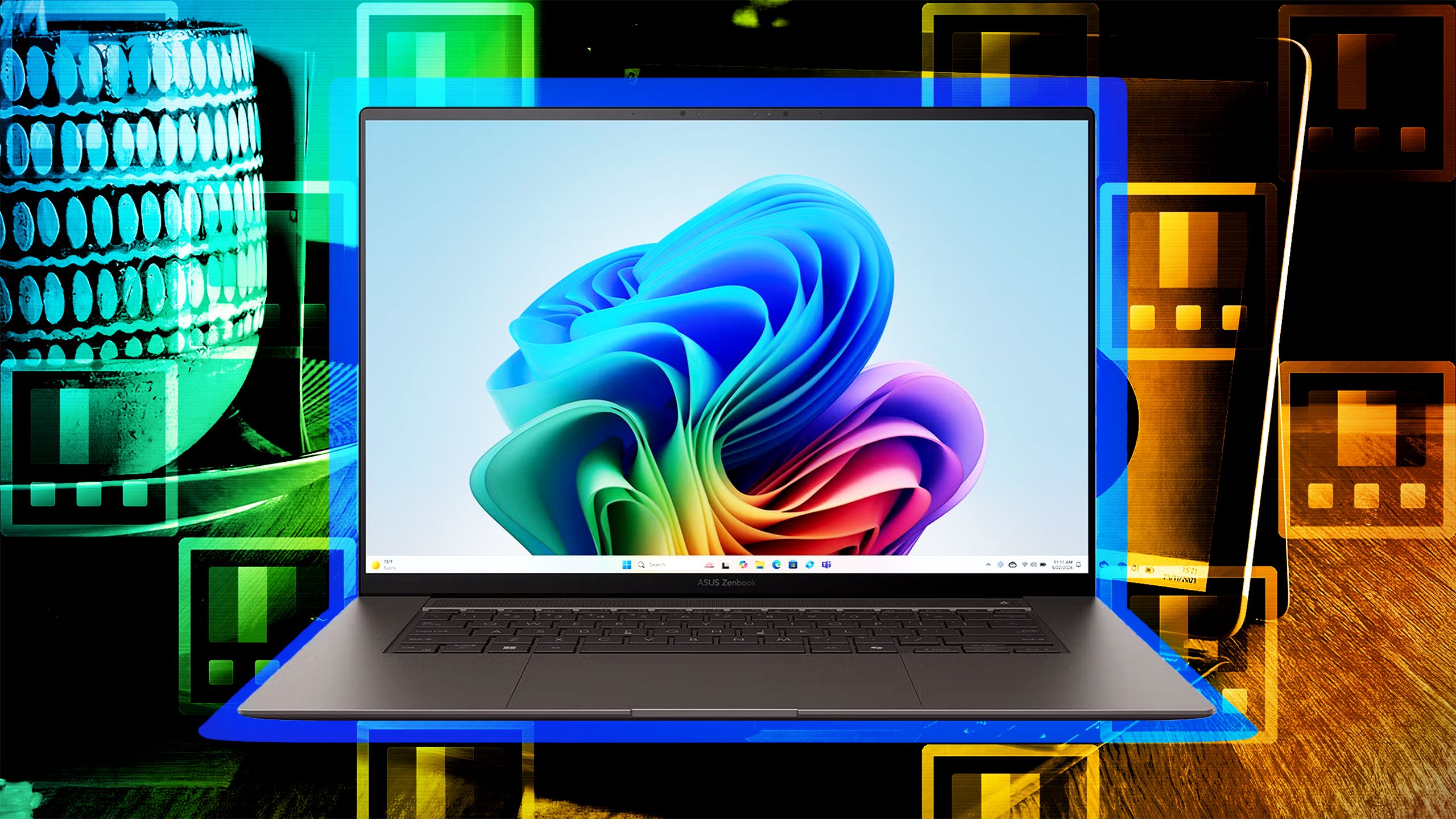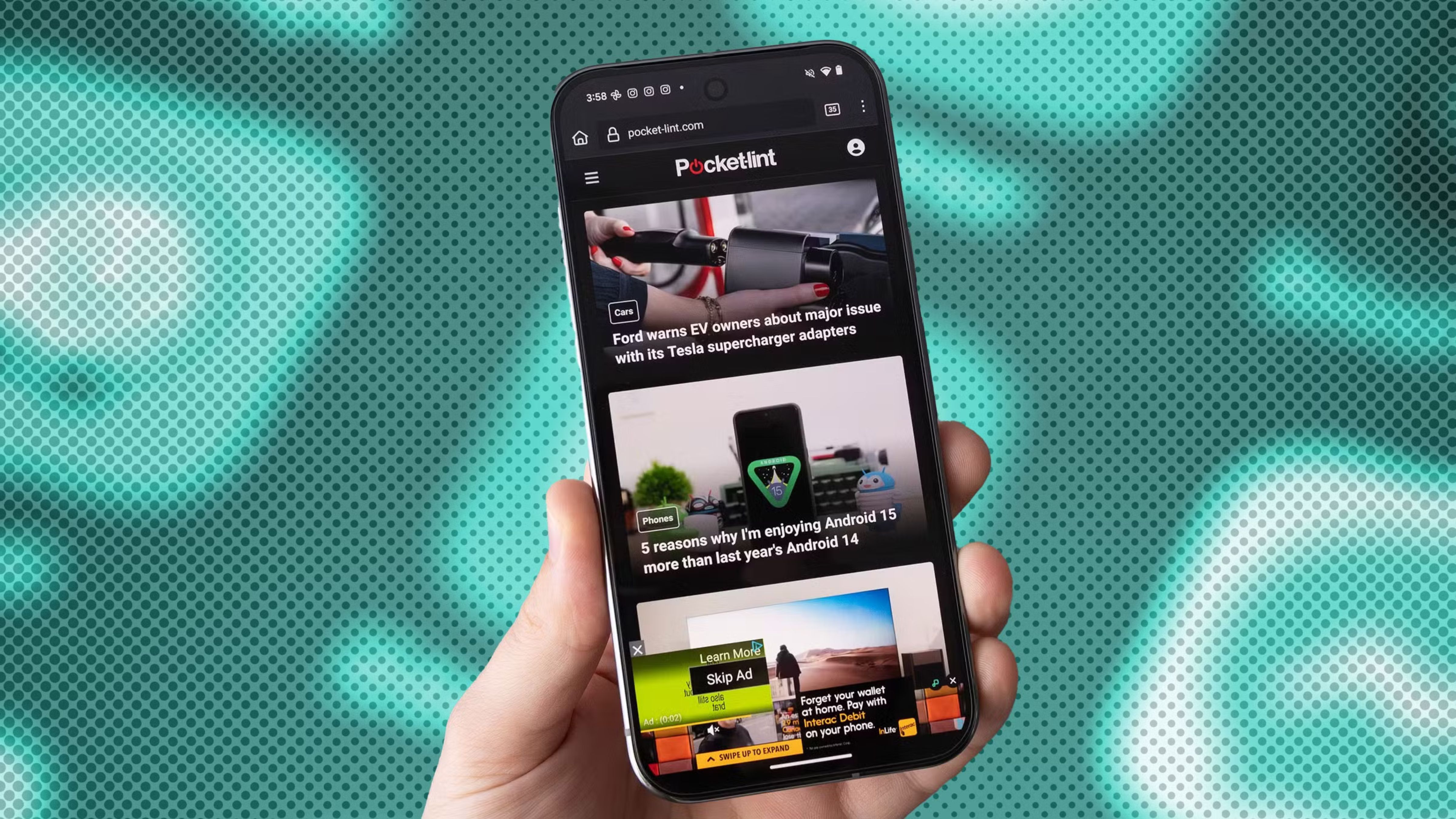iOS 17.3 is launching soon – here are the key rumored features, including Stolen Device Protection
It’s only been a month since the release of Apple’s iOS 17.2 update, but that hasn’t stopped eagle-eyed tipsters from speculating about what iOS 17.3 could bring to the iPhone table in the coming weeks.
Indeed, the next iterative update to iOS 17 is tipped to launch in January (or early February, at the latest), with the apps and camera features of iOS 17.2 expected to make way for important security improvements and a long-awaited update to Apple Music.
In this article, then, we highlight the key rumored iOS 17.3 features. Of course, the below information is subject to change, but several iOS 17.3 betas have given us a good idea of what to expect from Apple’s next iterative update.
Stolen Device Protection
(Image credit: Future / Apple)
The most significant rumored iOS 17.3 improvement is a brand new security feature, Stolen Device Protection. Having already emerged in the iOS 17.3 beta, this upcoming feature will act as a last line of defense against thieves in possession of both your iPhone and your passcode.
When activated, Stolen Device Protection will require Face ID or Touch ID authentication for sensitive actions like viewing passkeys, erasing content, turning off Lost Mode, and more. At present, a passcode-possessing iPhone thief can essentially “steal your entire digital life,” as a revealing Wall Street Journal report put it last year, but Stolen Device Protection significantly diminishes the security threat of a passcode known in isolation.
But that’s not all. For especially sensitive actions, like changing your Apple ID password or disabling Find My iPhone, Stolen Device Protection will require two instances of biometric authentication – the second coming one hour after the first. However, this will only apply to actions performed in unfamiliar locations. If you’re attempting to perform a sensitive action at home or work, you’ll only need to complete one layer of biometric authentication.
Alas, a passcode-possessing thief will still be able to buy things using Apple Pay, but Stolen Device Protection nonetheless represents a huge step up in security for those at risk of iPhone thievery.
Apple Music Collaborative Playlists
(Image credit: Future / Apple)
Less important than Stolen Device Protection but no less welcome for Apple Music subscribers, iOS 17.3 will supposedly add Collaborative Playlists to the popular music app.
This new option will allow multiple Apple Music users to add, reorder and remove songs in a shared playlist. Spotify has had its own version of collaborative playlists for some time now, but fans of the Swedish-born service will soon have one less feature to boast about.
Incidentally, Collaborative Playlists were meant to come to Apple Music in iOS 17.2 – the feature appeared in several iOS 17.2 betas – but Apple delayed them until 2024 towards the end of last year.
More general security patches
This one’s a little more woolly, but given that Apple’s iOS 17.2.1 update contained several important security fixes – and with spyware attacks on the rise – we’re expecting iOS 17.3 to introduce similarly important preventative measures. While it’s true that political figures and businesses are more vulnerable to spyware breaches, there’s no harm in Apple offering further protection across the board.
It’s also worth noting that Apple will only bring future security updates iPhones running iOS 16 or later, so if you’re currently in possession of an iOS 17-compatible iPhone – that’s any iPhone newer than an iPhone XR – but are still running iOS 15 or earlier, we suggest you update your device ASAP. Don’t know how? Here’s how to download iOS 17 on your iPhone.
You might also like
Wear glasses? This neat iPhone camera trick can simulate your natural visionGet a new iPhone? Here are 3 time-saving iOS settings to activate nowOptimize iPhone Storage explained: where your photos actually go
